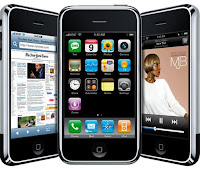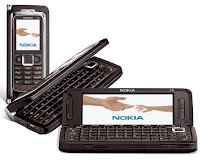"A small group of thoughtful people could change the world. Indeed, it's the only thing that ever has" - Margaret Mead, anthropologist.
 An unknown individual who calls himself 'Australia's most famous ethical computer hacker' - Julian Assange - puts up a website that supposedly carries leaked versions of documents and communications on sensitive state subjects. All hell breaks loose, as the one of the states concerned is a mighty power, engaged in multiple controversial & costly wars abroad, and the leaks put a big question mark on the entire authority of the apparatus itself! Apologies in advance are offered to friendly nations worldwide by the superpower (perhaps a diplomatic-first of its kind). Red-faced bureaucrats and politicians patch up in advance on many issues likely to emerge! The website promises more and more juicy releases, nation after nation goes after the site's founder (and administrator) and finally one of them nabs him.
An unknown individual who calls himself 'Australia's most famous ethical computer hacker' - Julian Assange - puts up a website that supposedly carries leaked versions of documents and communications on sensitive state subjects. All hell breaks loose, as the one of the states concerned is a mighty power, engaged in multiple controversial & costly wars abroad, and the leaks put a big question mark on the entire authority of the apparatus itself! Apologies in advance are offered to friendly nations worldwide by the superpower (perhaps a diplomatic-first of its kind). Red-faced bureaucrats and politicians patch up in advance on many issues likely to emerge! The website promises more and more juicy releases, nation after nation goes after the site's founder (and administrator) and finally one of them nabs him.Welcome to the WikiLeaks controversy. Perhaps for the first time in modern history, a single individual has challenged the might and repute of the superpower that's the USA, and dragged alongwith the reputations of many others. Perhaps for the first time, world governments realise how vulnerable they are to what a single man can do to them. Perhaps for the first time ever, media and its unbridled power to create extreme transparency are under question.
This controversy raises fundamental questions which I will attempt to answer below. I feel the three questions raised are
- Does a State have the right to do anything in the name of sovereign power? And then cover it up?
- Can media truly exercise extreme transparency without upsetting human civil values?
- What is the nature of truth itself? Are there permanent truths for us to hang on to?


















